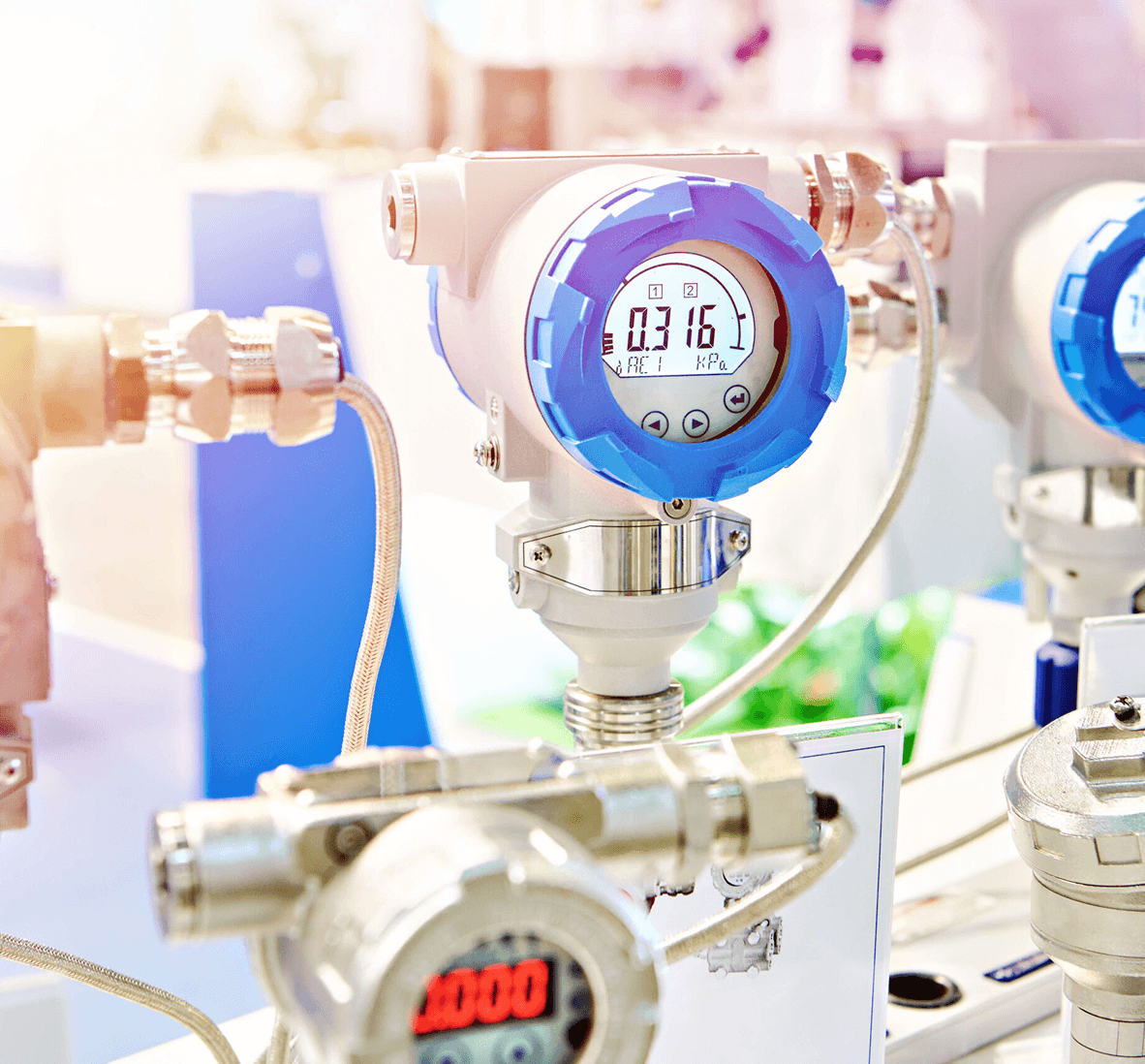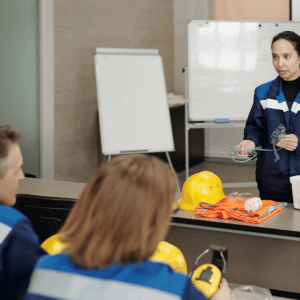Mid-week blended courses | Online: 18:30 – 21:00 | In-Class: 9.00 – 16:30
Online evening: 27th, 28th Nov, 10th, 17th Dec,7th January | In-class: 5th, 12th, 19th Dec, 9th January 2026
2026
January
Online evening: 8th, 9th, 14th, 21st 28th January | In-class Thursdays 15th, 22nd, 29th January and 5th February
February
Online evening: 5th, 6th, 11th, 18th, 25th February | In-class Thursdays 12th, 19th, 26th February and 5th March
Online evening: 5th, 6th, 11th, 18th, 25th February | In-class Fridays 13th, 20th, 27th February and 6th March
March
Online evening: 5th, 11th, 12th, 18th, 25th March | In-class Thursdays 12th, 19th, 26th March and 2nd April
Online evening: 5th, 6th, 11th, 18th, 25th March | In-class Fridays 13th, 20th, 27th March and 3rd April
April
Online evening: 2nd, 3rd, 8th, 15th, 22nd April | In-class Thursdays 9th, 16th, 23rd, 30th April
Online evening: 2nd, 3rd, 8th, 15th, 22nd April | In-class Fridays 10th, 17th, 24th April and 1st May
May
Online evening: 30th April and 1st, 6th, 13th, 20th May | In-class: 7th, 14th, 21st, 27th May
Online evening: 30th April and 1st, 6th, 13th, 20th May | In-class: 8th 15th 22nd 28th May
The Certificate in Industrial Instrumentation Calibration (CIIC) is designed to develop learners’ understanding of the principles and practices of instrument calibration. The programme covers calibration terminology, documentation systems, and standard procedures while building the practical skills required to calibrate industrial process instruments/control elements for temperature, pressure, level and flow.
The QQI-accredited Certificate in Industrial Instrumentation Calibration is a part-time programme, typically, delivered over 4 – 6 weeks (4-days in-class, 5 on-line evening sessions).
This award of 5 ECTS credits is designed to meet the industry skills shortage in the areas of industrial instrumentation calibration and thus provides an opportunity for companies to support their employees whilst they upskill or allow people to reskill and cross-skill from non-related disciplines.
Using advanced Additel documenting calibrators, including the ADT875, ADT227 HART, ADT760 LLP, and ADT760 MA, learners will gain hands-on experience with state-of-the-art calibration equipment. The course highlights how these devices integrate into a fully connected hardware solution and demonstrates the development of automated calibration workflows through CompuCal’s digital platform. The platform provides a comprehensive digital environment to optimise the calibration of temperature, pressure, level, and flow instrumentation. Learners will engage in practical exercises involving automated scheduling, secure and traceable record-keeping, and asset integration that directly links calibration activities to specific instruments. The course also explores essential calibration process requirements, including custom workflows, management of upcoming and overdue calibrations, and the use of reference standards.
This course is fully funded by Kildare and Wicklow Education and Training Board (KWETB) under the government initiative Skills to Advance (T&Cs apply).
Why choose the Digital Instrumentation Calibration programme
- The programme is available on a part-time basis and teaches the in-demand skill of calibrating process control instruments.
- Learners are introduced to industrial instrumentation calibration knowledge and skills to support their working in industry or enhance employment opportunities.
- The Certificate in Industrial Instrumentation Calibration programme is designed to equip those working in industry and services with the theoretical knowledge and practical skills to check, verify and calibrate process control instruments and the associated calibration techniques and analysis.
- The practical nature of the coursework lends to preparation for work in industry.
- Learners are provided access to academic resources and personal supports through ESS’s partnership with Griffith College.
- This programme may also facilitate learners applying for progression to third-level programmes in NFQ Level 6 (plus) engineering programmes within third-level colleges.
The objectives of this certificate programme are to:
- Support learners seeking to expand their skill and qualification to facilitate them to work in manufacturing or service industry.
- Facilitate those currently working within the sector seeking to develop their technical skills and improve performance or seek career advancement by developing their skills and gaining an approved qualification in instrumentation calibration.
- Enable those who are seeking employment or career mobility and are looking to expand their skills and qualifications to make them industry relevant, ready, and attractive.
On successful completion of this programme, learners are able to:
- Explain the principles of operation of industrial measurement instruments.
- Describe the principles of calibration and the associated standard instruments and data sheets/job plans.
- Perform appropriate calibration techniques on measurement instruments using standard safety and operational procedures.
- Calibrate measurements and report on the indicated errors and required corrective instrument adjustments.
- Measure, record and evaluate appropriate calibration data clearly and concisely.
- Demonstrate an ability to enhance their skills through formal education and training, independent inquiry, and professional.
Programme Content:
This practical programme will equip learners with the skills to check and verify industrial process control systems.
- Safe work practices in process environments
- Principles of calibration
- Standards
- Traceability
- Intervals
- Pressure measurement
- Principals and methods
- Control elements
- Level measurement
- Principals and methods
- Control elements
- Flow measurement
- Principals and methods
- Control elements
- Temperature Measurement
- Principals and methods
- Control elements
- Good practices in calibration system documentation and records
Certificate in Industrial
Manufacturing and
Maintenance Skills, ESS/
Griffith College
Higher National Certificate in
Manufacturing Engineering,
Griffith College
NFQ Level 6 (plus) engineering
programmes within third-level
colleges in Ireland
Entry requirements (if under 23 years) are a minimum of grade O6 / H7 in the Leaving Certificate, or equivalent, in 5 subjects. The subjects must include mathematics and English, Irish or another language.
Mature learners, i.e., applicants over the age of 23, may also apply based on work experience and / or life experience by demonstrating that they have reached the standards of knowledge, skills, and competence.
The English language entry requirements for the programme are CEF B2+ or equivalent. Candidates with English language levels below CEF B2+ must first reach this minimum standard before enrolling on the academic programme.
Ideally, applicants have some prior technical experience or knowledge and/or exposure to an industrial environment.
Event Details
Day 1: August 25, 2025
Start time:
00:00 GMT
End time:
00:00 GMT
Day 2: October 22, 2025
Start time:
00:00 GMT
End time:
00:00 GMT
Day 3: November 27, 2025
Start time:
00:00 GMT
End time:
00:00 GMT
Day 4: January 08, 2026
Start time:
00:00 GMT
End time:
00:00 GMT
Day 5: February 05, 2026
Start time:
00:00 GMT
End time:
00:00 GMT
Day 6: March 05, 2026
Start time:
00:00 GMT
End time:
00:00 GMT
Day 7: April 02, 2026
Start time:
00:00 GMT
End time:
00:00 GMT
Day 8: April 30, 2026
Start time:
00:00 GMT
End time:
00:00 GMT
Day 9:
Start time:
00:00 GMT
End time:
00:00 GMT
Day 10:
Start time:
00:00 GMT
End time:
00:00 GMT



